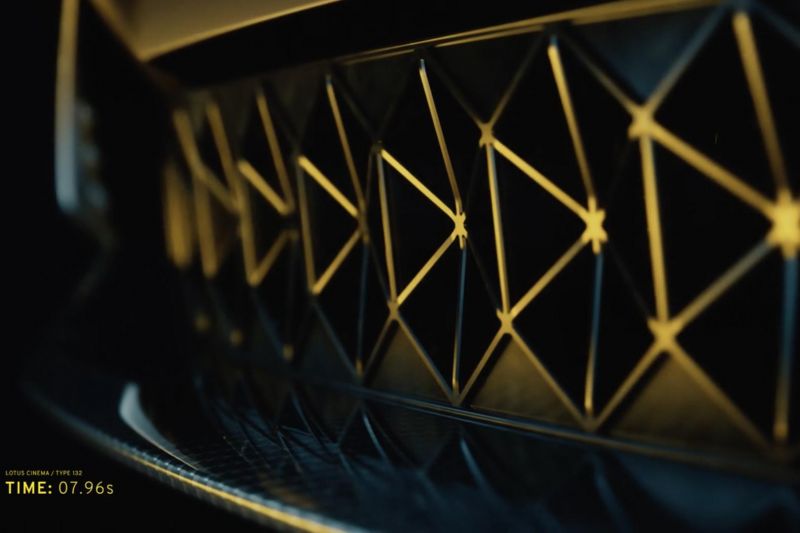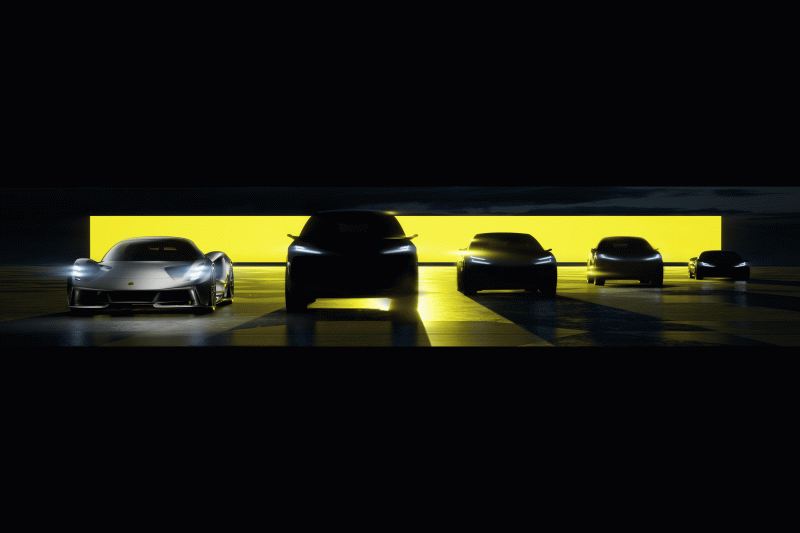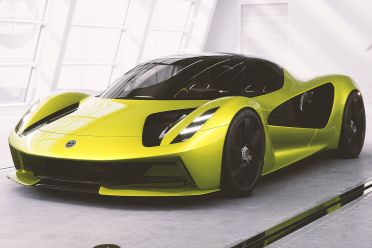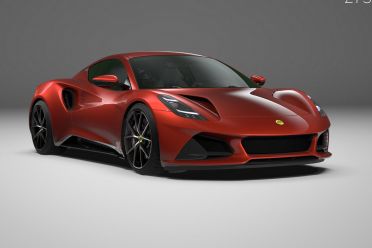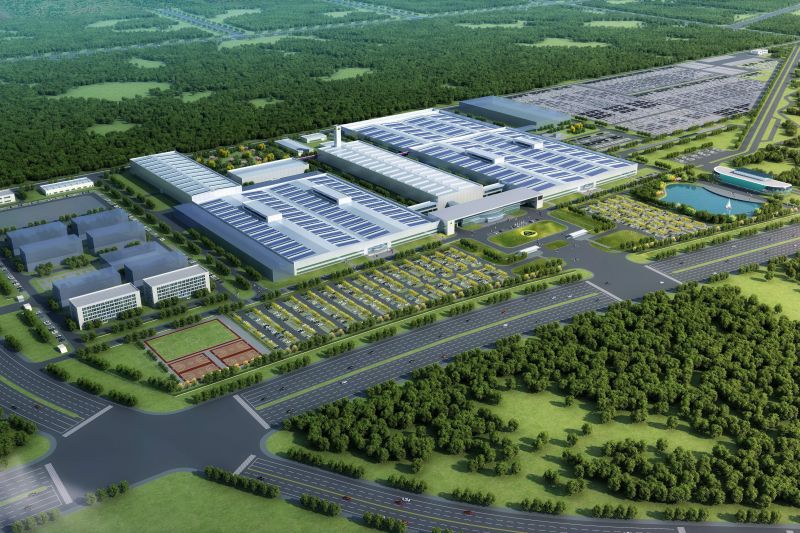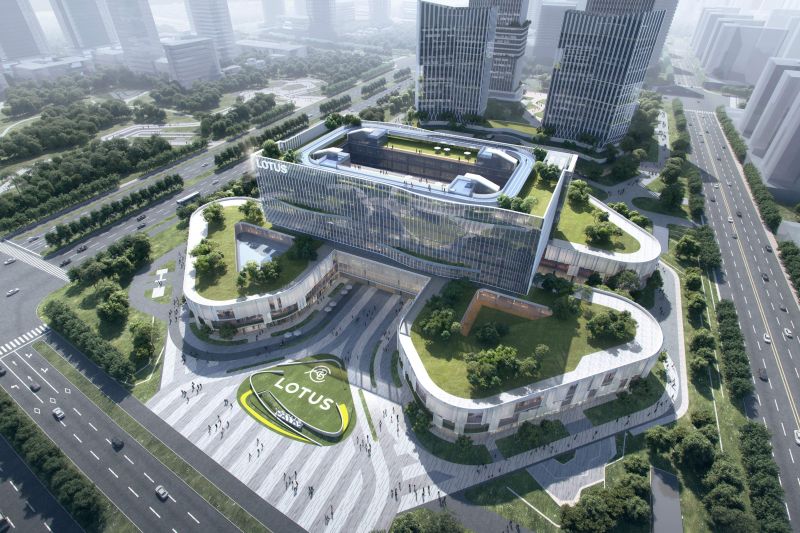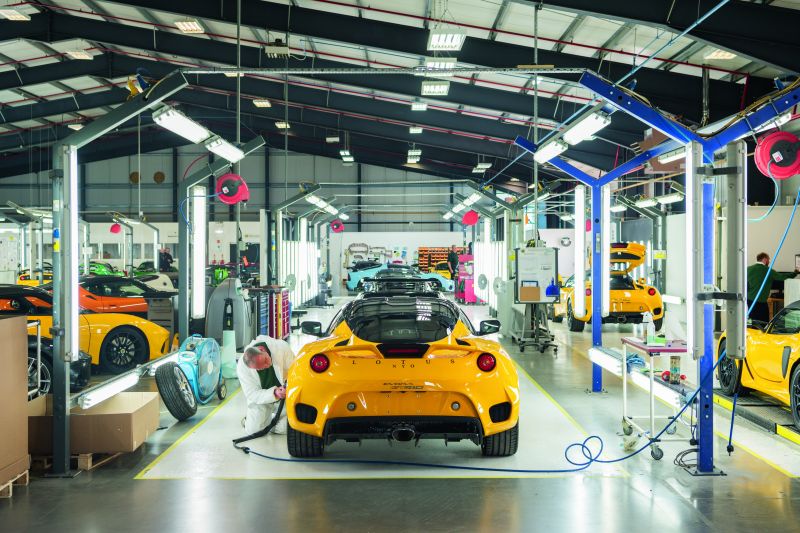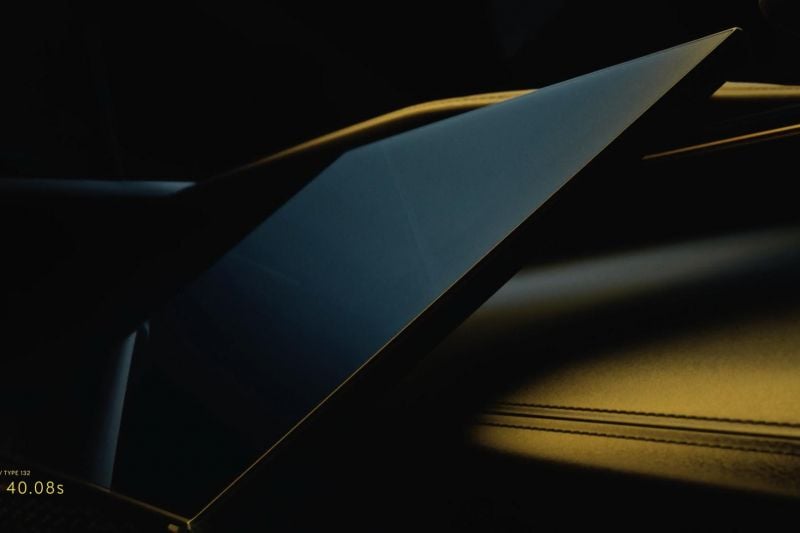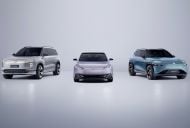Lotus is reportedly taking its upcoming Type 132 SUV on a roadshow to gauge investors’ interest in an initial public offering.
Autocar reports an IPO would be for the new Lotus Technology division, which will produce a range of electric sedans and SUVs at a new plant in Wuhan, China, not the familiar Lotus Cars division.
A company spokesperson told Autocar Lotus is weighing up listing the division in the UK, US or China over the next 12-24 months, and would value it at £5-6 billion (A$9.47 to 11.36 billion).
Another company owned by Chinese giant Geely, electric vehicle specialist Polestar, announced last year it was going public by merging with a special purpose acquisition company (SPAC), thereby avoiding the extra scrutiny typically involved with an IPO.
Lotus reportedly favours a traditional IPO over such a listing.
The Chinese-owned company has reportedly told investors it plans to sell 100,000 cars annually by 2028, for which 90,000 will be electric sedans SUVs produced by Lotus Technology.
It reportedly plans to increase sales volumes to up to 150,000 vehicles annually.
Lotus sold 1710 vehicles worldwide in 2021.
According to Bloomberg, potential investors have also been told Lotus expects half its sales volume to come from China in five years.
Lotus says the decision to list Lotus Technology and not Lotus Cars is due to the ownership structure of the divisions, with the latter 49 per cent owned by Etika Automotive. That company’s stake in Lotus Technology is smaller, at 30 per cent.
The Type 132 SUV, that’s reportedly currently being shown to investors in London, will be a rival for the Porsche Cayenne and will feature Lidar technology.
It’s set to be unveiled this Spring (our Autumn).
The company will follow it with an E-segment four-door coupe – think Mercedes-Benz CLS-size – in 2023.
A D-segment SUV, the Type 134, will follow in 2025, while a sports car, the Type 135, will follow in 2026.
The company has previewed these models previously in a shadowy teaser.
They will join the all-electric Evija hypercar and the Emira, Lotus’ last petrol-powered car, which are manufactured at Hethel in the UK.
Lotus is in the process of rolling out four new platform architectures:
- Hypercar, used by the Evija
- Sports Car, used by the Emira
- E-Sport, to be used by electric Lotus and Alpine sports cars
- Premium, to be used by everything else
The Premium architecture has been designed to accommodate C-E segment vehicles, and Lotus says it supports a wheelbase range from 2889mm to 3100mm and could be expanded further.
Vehicles on this architecture will use 92-120kWh batteries with an 800V charging system, and will be capable of 0-100km/h times of under three seconds.
They’ll be built at the new Wuhan plant, which covers an area of over 1 million m2 and will have an annual production capacity of 150,000 vehicles.
Lotus has invested over 8 billion RMB (A$1.69 billion) in the plant, which the company says will be the first in the world with an “integrated intelligent test track” that can accommodate vehicles driving at speeds of up to 230km/h through 16 corners.
Vehicles can also be summoned into workshops without human intervention.
The Lotus Technology division will “accelerate innovation in the fields of batteries and energy management, electric motors, electronic control systems, intelligent driving, intelligent manufacturing and more”.
Its headquarters, located in Wuhan, will be completed in 2024.
Lotus has unveiled the concept of a ‘track-level intelligent drive’ system, which it says it wants to develop over the next decade.
The technology is designed “to assist drivers to perform as well as an F1 driver on track”, and uses both software and hardware to improve safety and performance.
While much of Lotus’ activity will be based in China, Lotus Technology and the company’s UK team will work together on development.
The UK operation will be responsible for the development and production of sports and hypercars, as well as coordinating Lotus’ global sales.
Lotus will also maintain its R&D team at the Lotus Technology Innovation Centre in Raunheim, Germany.
One of the key investors in Lotus is Li Bin, founder of Chinese EV brand Nio, and Lotus says in the future “both parties may explore opportunities for mutually beneficial industrial cooperation”.
MORE: Lotus Type 132 teased





